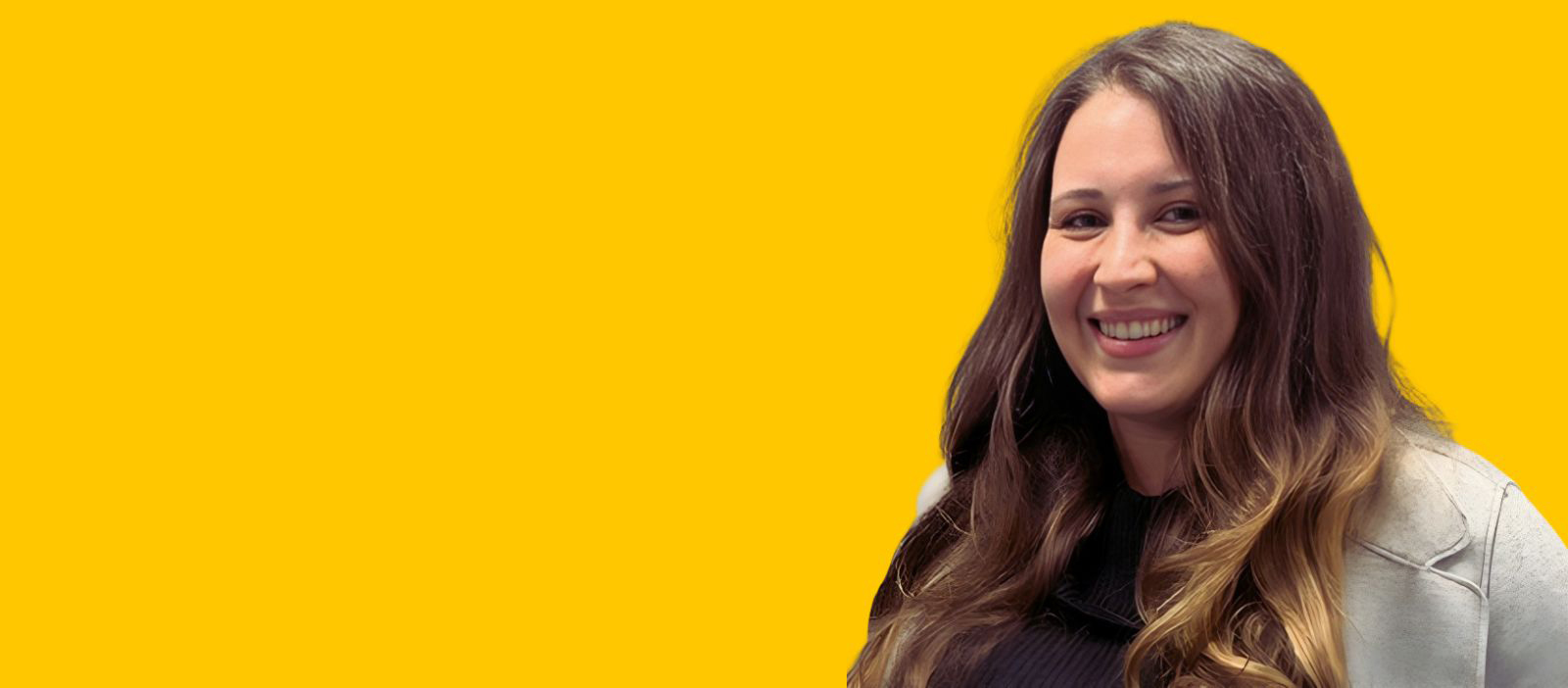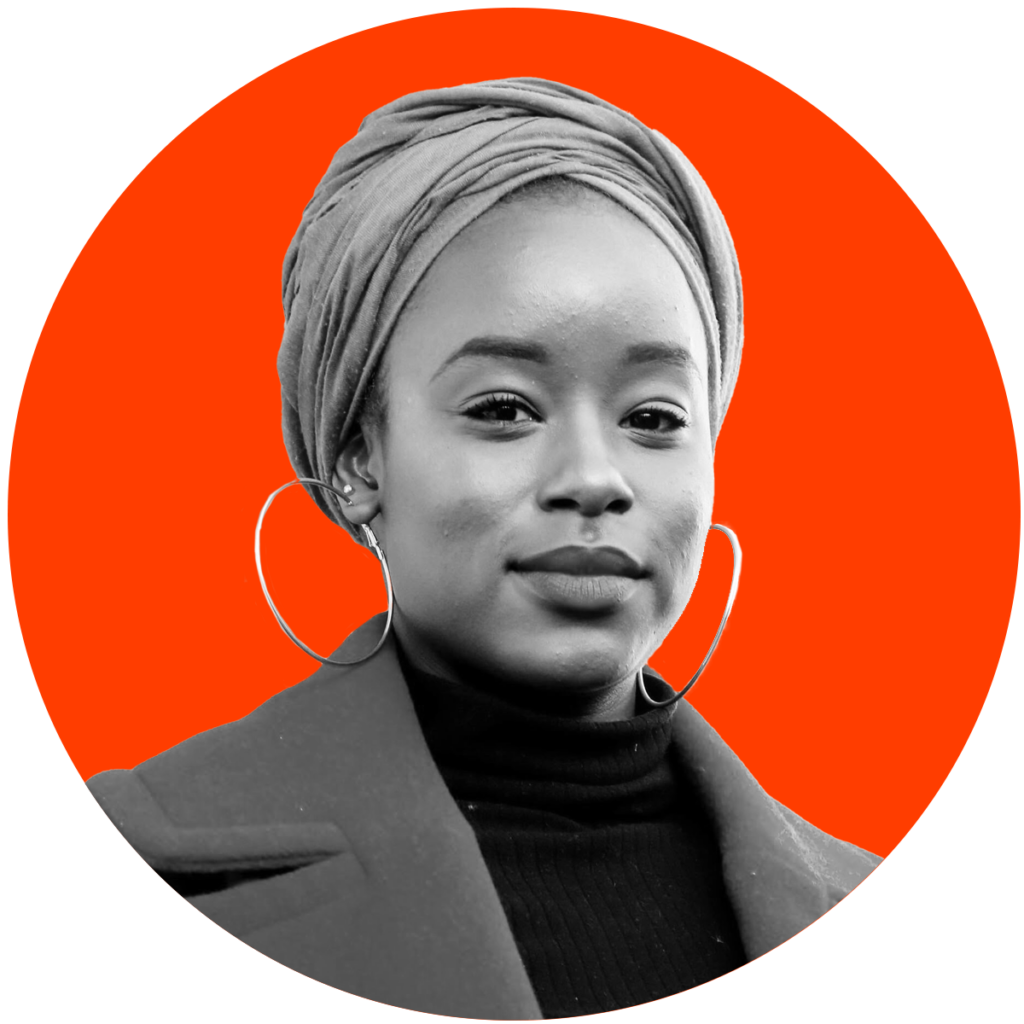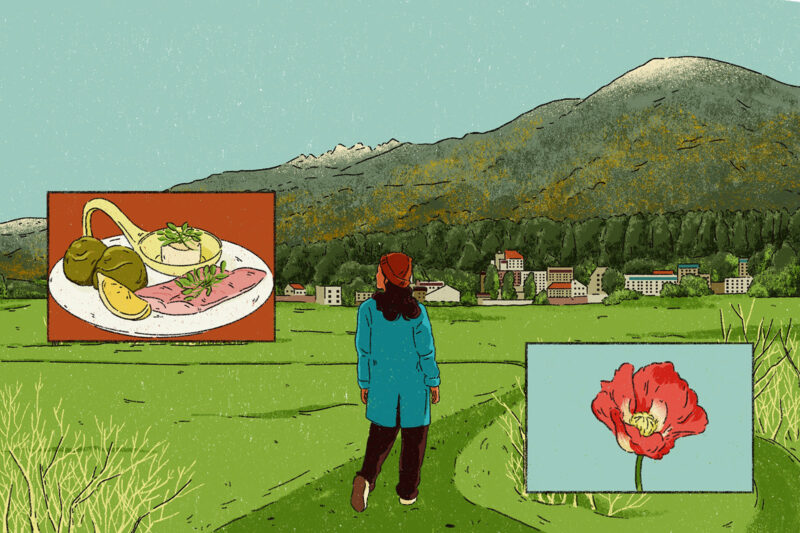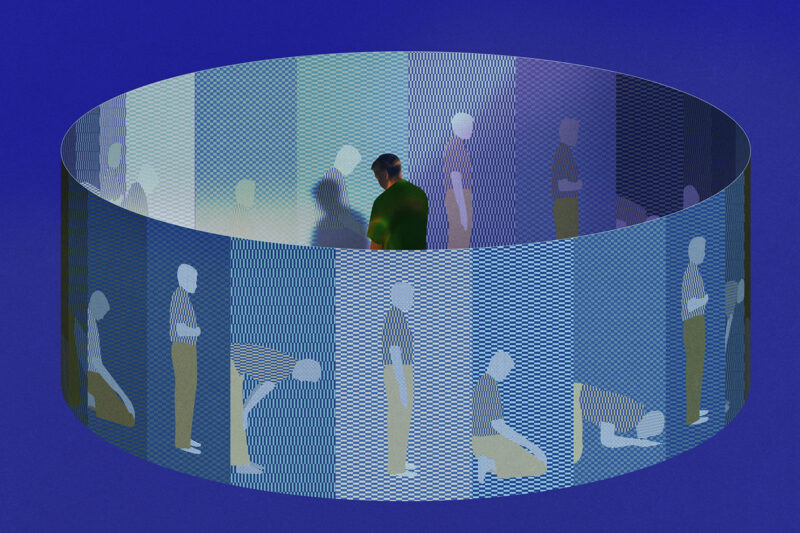
Jamilla Hekmoun Q&A: Labelling Muslims as ‘hard to reach’ is a cop-out
‘Having researchers from the community you’re studying is important because it builds trust,’ says Dr Jamilla Hekmoun. Photograph courtesy of Jamilla Hekmoun
The mental health specialist on building a more positive environment for communities when accessing support
Nearly a decade ago, during her final year of university in Exeter, Dr Jamilla Hekmoun was diagnosed with anxiety and depression. Seeking guidance, she turned to her local imam, who, she recalls, “couldn’t have been more helpful”. However, as she spoke with others in her community, Hekmoun discovered that many Muslims hadn’t received the same supportive response when seeking help for their mental health. This realisation inspired her to become a specialist and community activist in this field.
As a research fellow at Cambridge University’s Woolf Institute — which studies interfaith relations between Jews, Muslims and Christians — Hekmoun led a two-year project exploring mental health care for Muslim communities. The Faith in Mental Health study, released this year, raised issues around stigmatisation and barriers to access, such as lack of religious literacy and culturally sensitive approaches by official healthcare providers. The report also highlighted positive work led by Muslim organisations, encouraging collaboration between them and mainstream mental health services.
Hekmoun, who has won awards for her research and advocacy, speaks to Hyphen about her work and what she hopes will come from the report.
This interview has been edited for length and clarity.
What inspired you to pursue a career in the mental health field?
I started volunteering with Inspirited Minds, a Muslim mental health charity, while I was a student, and then did an MA in Islam and Contemporary Britain at Cardiff University. I continued volunteering within the mental health sector and became a trustee of the Muslim Youth Helpline and a chair of the Muslim Mental Health Alliance — a network of organisations that came together during the Covid-19 pandemic to provide resources and support for Muslims on mental health.
You completed a PhD in Muslim men’s mental health. Why did you focus on that area?
I found there was a research gap in Muslim men’s mental health. There has been a lot of work done on Muslim women, especially regarding Islamophobia and how that might impact mental health. I think Muslim men, and men in general, are seen as more challenging to study, and so I wanted to fill in that gap and see where I could make a difference.
Tell us about the motivations behind the Woolf Institute’s research project.
The Woolf Institute noticed a lot of previous research on Muslim mental health focused on the stigma and access to services, but what hadn’t been targeted were the positive things happening within the Muslim community around mental health. We wanted to focus on how statutory organisations like the NHS could work with voluntary organisations.
What kind of organisations did you come across that were doing positive work?
The Green Lane Mosque in Birmingham is a very good example of a holistic approach to mental health. It goes beyond counselling and addresses other issues concerning poor outcomes and determinants of mental illness. For example, throughout the winter they provide a space for homeless people to sleep, and they also have a food bank and a knife amnesty bank all year round. During Covid-19, they set up a mental health helpline.
The mosque has also worked with Macmillan Cancer Support to improve the charity’s understanding of faith and cultural sensitivities around cancer treatment in the Muslim community. That’s a good example of how a mainstream service works collaboratively with a Muslim organisation.
How can these services be better encouraged to work with Muslim organisations?
Some statutory organisations can be afraid of engaging with faith when it comes to mental health — perhaps that’s because there’s no statutory guidance for NHS practitioners on how to address faith. We found some mental health professionals within the NHS were encouraged to incorporate faith into their practice, while others were discouraged. We need guidance for practitioners so they are confident talking with their patients about religion.
For example, a couple of years ago I was one of the contributors to an online course on understanding Muslim mental health led by Cardiff University. It was designed for counsellors, and also teachers and youth workers. Not only did it provide a background about Islam and Muslims, but it also spoke about the nuances within Muslim mental health. I think we need something like that rolled out on a wider level.
As you pointed out in the report, Muslim communities are often labelled as “hard to reach” in this area of research. What’s your opinion on this label?
That label can definitely be a cop-out. Muslims are going to be hard to reach if you are not engaging with the community and if you have researchers who are not part of the community. Having researchers from the community you’re studying is important because it builds trust. The research itself will be undertaken more ethically as you’re going to understand where someone is coming from and there won’t be as much unconscious bias.
What do you hope are the next steps from this report?
I hope the report gets put in front of people who can make a difference — those at the top of the NHS and statutory organisations, but also community organisations, whether it’s a mosque or a Muslim mental health charity. They can look at the examples and the case studies and see that they can do the same and get funding to run programmes.
In the UK or Ireland, Samaritans can be contacted by phone on 116123, a free service. You can find other ways of contacting Samaritans here. In the UK, the registered charity Mind provides support, information and advice for a wide range of mental health issues.
 Newsletter
Newsletter













